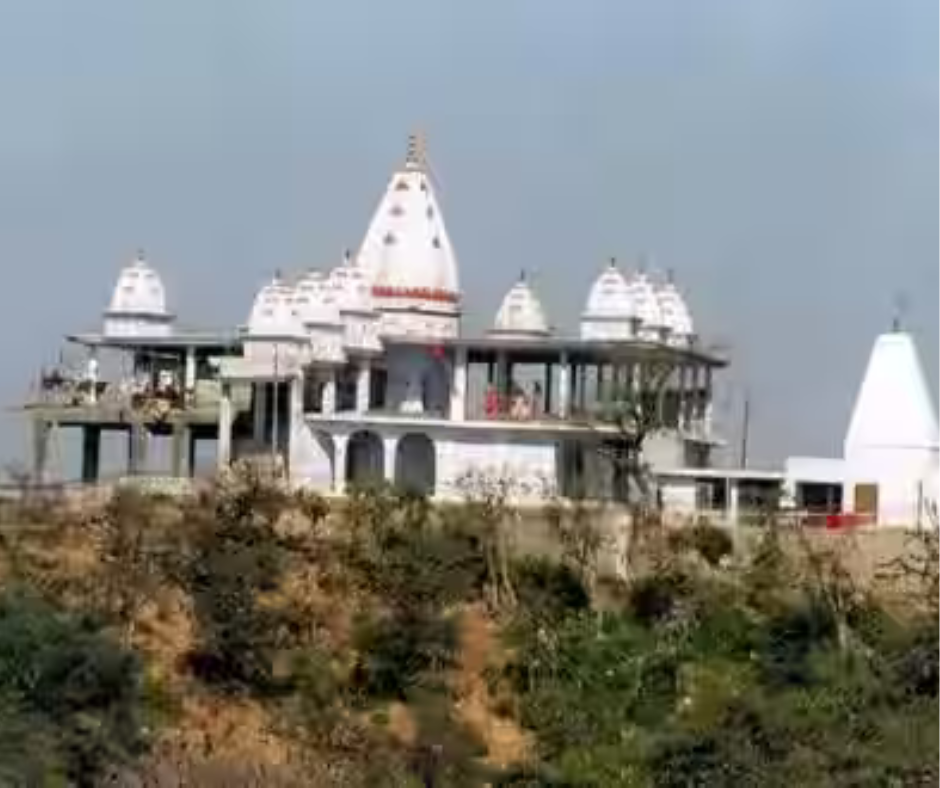Jammu, often referred to as the ‘City of Temples,’ is a land of historical grandeur, cultural richness, and religious significance. Nestled in the foothills of the Himalayas, it serves as the winter capital of Jammu and Kashmir and is a gateway to the breathtakingly beautiful landscapes of the region. Beyond its religious reverence, Jammu boasts a deep-rooted history, vibrant culture, and a thriving economy, making it a unique blend of tradition and modernity..
A Land Steeped in History Jammu’s history dates back to ancient times, with legends linking its foundation to Raja Jambulochan in the 14th century BCE. Archaeological findings suggest that the region has been a center of civilization for thousands of years. Over the centuries, it has witnessed the rule of powerful dynasties such as the Mauryas, Kushans, and later, the Dogras, who played a crucial role in shaping its heritage. The Dogra rulers established Jammu as a significant political and cultural hub, leaving behind a legacy of magnificent forts, palaces, and architectural marvels
The Religious and Spiritual Hub
Jammu is synonymous with spirituality and faith, drawing millions of devotees from across the globe. The Vaishno Devi Shrine, located in the Trikuta Hills, is one of the most visited pilgrimage sites in India. Devotees embark on a sacred journey to seek the blessings of Mata Vaishno Devi, making Jammu a focal point of spiritual tourism.
Other significant religious sites include the Raghunath Temple, dedicated to Lord Rama, and the Ranbireshwar Temple, a prominent Shiva shrine adorned with thousands of Shivalingas. The Peer Kho Cave Temple, Mahamaya Temple, and the historic Bahu Fort, which houses the revered Bawe Wali Mata Temple, further add to Jammu’s spiritual charm.
Cultural Vibrancy and Festivals
Jammu’s cultural fabric is woven with diverse traditions, folk arts, and celebrations. The region is home to the Dogra community, known for its valor and hospitality. The Dogri language, along with its rich folklore and traditional music, adds to the cultural charm of Jammu.
Festivals like Lohri, Baisakhi, and Navratri are celebrated with great fervor, showcasing the region’s festive spirit. The annual Jhiri Mela, held in honor of Baba Jitto, attracts thousands of visitors, blending devotion with cultural festivities.
Traditional dances such as Kud and Heren are performed during celebrations, keeping the age-old traditions alive. Pahari paintings, Basohli art, and intricate handicrafts such as Pashmina shawls and Basholi paintings reflect Jammu’s artistic brilliance.
Natural Splendor and Scenic Landscapes
While often overshadowed by Kashmir’s scenic allure, Jammu boasts breathtaking landscapes that leave visitors spellbound. Patnitop, nestled in the Shivalik range, is a picturesque hill station offering panoramic views, adventure activities, and a tranquil retreat from city life.
Mansar and Surinsar Lakes are serene water bodies surrounded by lush greenery, attracting nature lovers and pilgrims alike. The majestic snow-capped peaks of Bhaderwah, often called ‘Mini Kashmir,’ and the mesmerizing waterfalls of Sanasar make Jammu an ideal destination for travelers seeking both adventure and serenity.
Economic Growth and Modern Development
Jammu is not just a religious and cultural hub; it is also witnessing rapid economic growth. The city has emerged as a commercial center, with industries in tourism, agriculture, and handicrafts playing a crucial role in its development. The region is known for producing high-quality Basmati rice, saffron, and dry fruits, which contribute significantly to the local economy. The government’s initiatives in infrastructure, education, and healthcare are further transforming Jammu into a modern urban hub while preserving its traditional roots.

A Promising Future
With its unique blend of spirituality, history, culture, and natural beauty, Jammu continues to enchant visitors and residents alike. The development of better connectivity, including highways and rail networks, is paving the way for enhanced tourism and economic opportunities.
Jammu stands as a testament to India’s diverse heritage, a land where faith meets history, where the past blends seamlessly with the present, and where the future holds immense promise. Whether one seeks spiritual solace, cultural enlightenment, or natural beauty, Jammu remains a timeless jewel of northern India.
